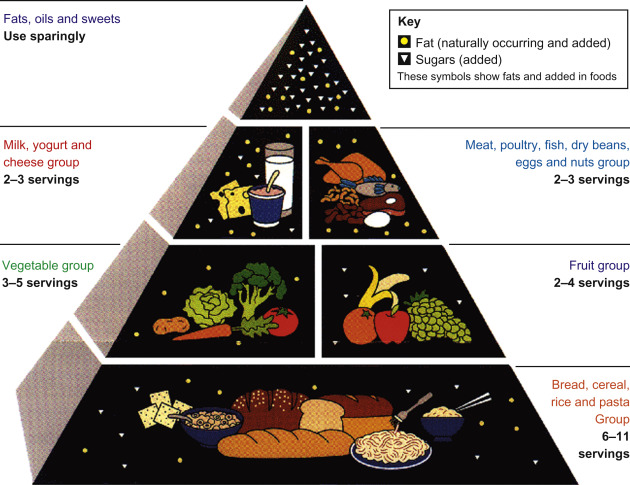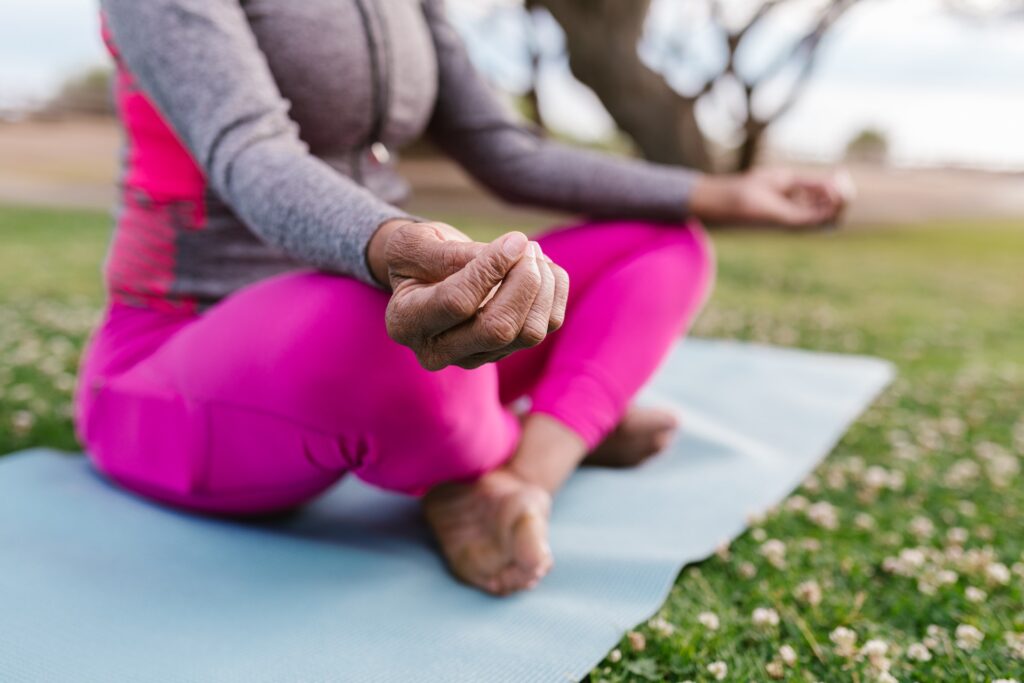The Benefits of Meditation for Reducing Stress and Anxiety

Stress and anxiety are common problems that affect millions of people worldwide. In today’s fast-paced world, it’s easy to feel overwhelmed and stressed out, leading to feelings of anxiety and worry. However, there is a simple solution to this problem: meditation. Meditation is a powerful tool that has been used for centuries to reduce stress and anxiety, improve mental health, and increase overall well-being. In this article, we will explore the benefits of meditation for reducing stress and anxiety.
What is Meditation?
Meditation is a practice that involves training the mind to focus on a specific object or activity. It is often used as a means of relaxation and stress reduction, but it can also be used to improve mental clarity and concentration. Meditation can be practiced in a variety of ways, including sitting in silence, chanting, or using guided meditation apps.
How Does Meditation Reduce Stress and Anxiety?
Meditation has been shown to reduce the levels of cortisol, the stress hormone, in the body. When we are stressed or anxious, our bodies produce cortisol, which can lead to a range of physical and mental health problems. By reducing cortisol levels through meditation, we can reduce the negative effects of stress and anxiety on our bodies and minds.
Meditation also helps to calm the mind and reduce the feelings of anxiety and worry that can accompany stress. By focusing on the present moment and letting go of negative thoughts and emotions, we can create a sense of peace and calm that can help us cope with stress and anxiety.
The Benefits of Meditation for Reducing Stress and Anxiety
Reduces cortisol levels: As mentioned above, meditation can help to reduce the levels of cortisol in the body, which can lead to a range of health benefits.
Improves mental health: Meditation has been shown to reduce symptoms of depression and anxiety, and can also improve overall mental health.
Increases resilience: Regular meditation can help us build resilience to stress and anxiety, allowing us to cope better with challenging situations.
Enhances focus and concentration: Meditation can help us improve our ability to focus and concentrate, making us more productive and efficient.
Improves sleep: Meditation has been shown to improve sleep quality and reduce insomnia, which is often linked to stress and anxiety.
Increases feelings of calm and relaxation: Meditation creates a sense of peace and calm, which can help us feel more relaxed and at ease.
How to Get Started with Meditation
If you are new to meditation, it can be challenging to know where to start. Here are some tips to help you get started:
Conclusion
Meditation is a powerful tool for reducing stress and anxiety, improving mental health, and increasing overall wellbeing. By reducing cortisol levels, calming the mind, and promoting feelings of calm and relaxation, meditation can help us cope better with the challenges of daily life. If you’re looking for a natural and effective way to reduce stress and anxiety, try incorporating meditation into your daily routine.






















